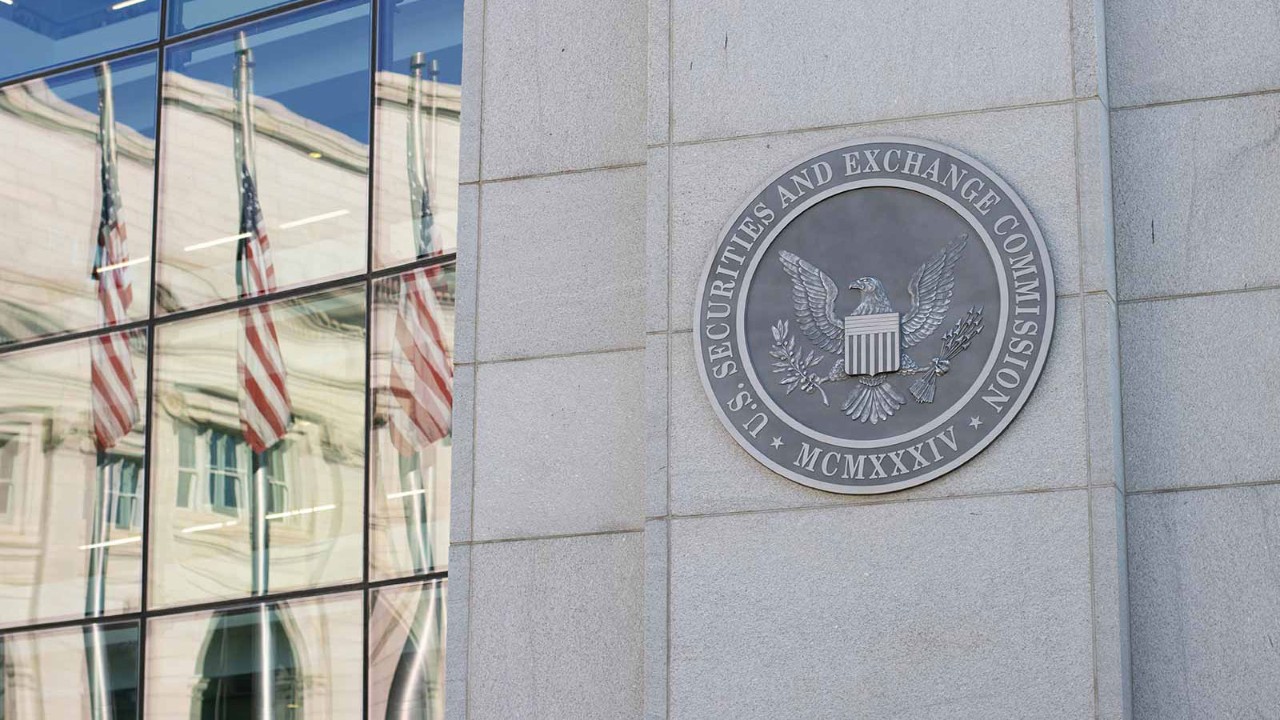
The US is set to shut down its independent audit regulator and reassign its oversight function to the Securities and Exchange Commission (SEC), which also oversees securities exchanges, brokers and dealers as well as investment advisers and mutual funds. The plan to fold the Public Company Accounting Oversight Board (PCAOB) into the commission is ostensibly a government budget manoeuvre, but if the transfer of authority does happen, the impact won’t be confined to the US.
The PCAOB is a key piece of the Sarbanes-Oxley Act of 2002. In setting up the board, the US became a first responder to the deluge of accounting scandals in the 2000s. Remember the damage and outrage caused when business headlines were dominated by names such as Enron, WorldCom, Parmalat and Satyam Computer Services?
What does it mean, then, when the world’s largest economy starts to potentially dial down its regulation of company audits?
Half of the 1,500 US-registered audit firms are based outside the US
Global effects
Audit oversight in the US has cross-border implications. The US auditing standards and rules and their enforcement influence how the country’s publicly listed companies conduct business and report their financial performance and positions. Many of these corporations have significant operations abroad.
International firms that audit the accounts of US-listed companies are also subject to these standards and rules. In June, the Financial Times reported that of the 1,519 audit firms registered with the PCAOB, 844 are non-US. Information on the board’s website shows that it has taken enforcement actions against firms and individuals in Europe, Latin America, Africa, Australia and Asia (including Malaysia, Singapore, China and India).
Many investors, lenders and other stakeholders outside the US rely on the audited financial statements of US companies. Audit quality in the US is as relevant to them as it is to US stakeholders.
The PCAOB will likely be a casualty of the deregulation agenda
While the House of Representatives’ committee on financial services has recommended the closure of the PCAOB as one of several measures to reduce the country’s fiscal deficit, the board doesn’t actually depend on government money at all. Instead, it is primarily funded by the accounting support fee it collects from the companies (issuers of securities and broker-dealers registered with the SEC) whose financial statements must be audited by PCAOB-registered firms. Indeed, the SEC will likely have to spend to build audit regulation capacity, as the board’s experience, expertise and systems are not easily transferable.
Deregulation
During his first term as president, Trump came up with a budget for 2021 that proposed consolidating the PCAOB’s functions and responsibilities into the SEC to ‘reduce regulatory ambiguity and duplicative statutory authorities’. While that Budget didn’t get the approval of Congress, it is probable that this time round the PCAOB will be a casualty of the president’s deregulation agenda. His thoughts on ‘the ever-expanding morass of complicated federal regulation’ can be found in the Unleashing Prosperity Through Deregulation executive order he signed on 31 January this year.
So will the rest of the world take its cue from the US and embark on a deregulation drive? It is by no means absurd to argue that the ghost of Enron has been laid and that it’s time to divert resources away from the supervision of audit. However, such a move should be weighed carefully. Regulate with too light a touch and we risk the spectre of accounting fraud and corporate malfeasance rising once again.
Disclaimer: the views expressed by the writer do not necessarily reflect those of ACCA or any other person or organisation



